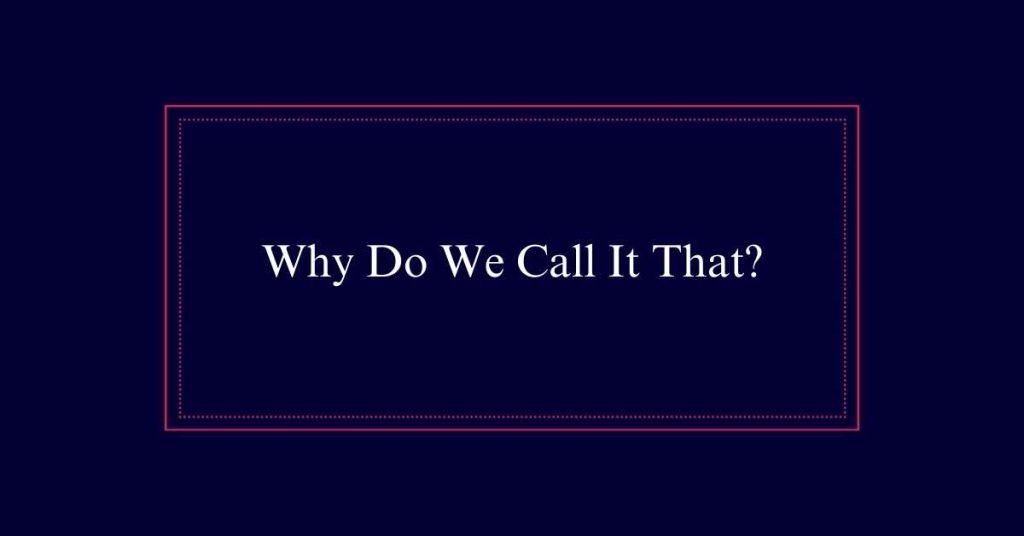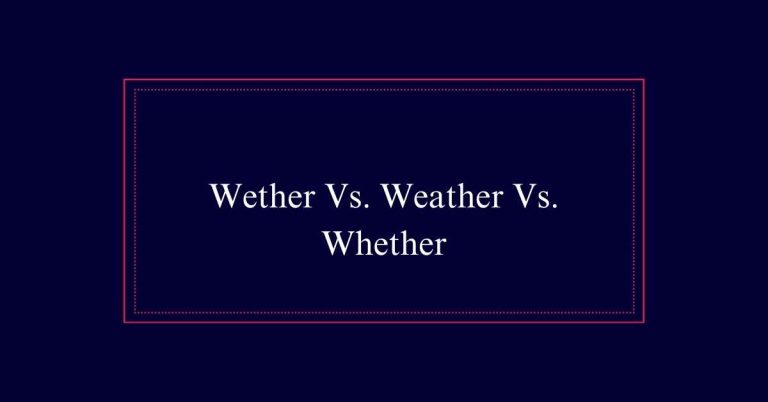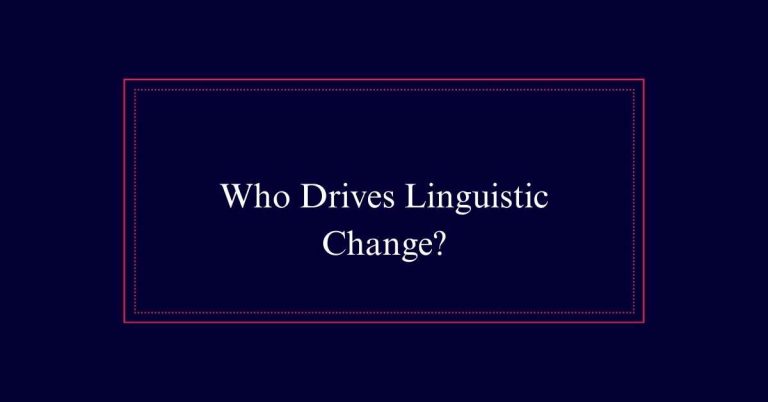Why Do We Call It That?
Language evolves through cultural and historical changes. For example, ‘soccer’ comes from the term ‘association football,’ shortened with British slang. ‘Fall’ is derived from the 16th-century phrase ‘fall of the leaf.’ The term ‘crook’ originally referred to something bent, metaphorically extending to a dishonest person. ‘Soap opera’ traces back to radio dramas sponsored by soap manufacturers in the 1930s.
The Origin of ‘Soccer’
The term ‘soccer’ originated in the late 19th century when leaders of football clubs established Association Football. To distinguish this form of football from others, they referred to it as ‘Association Football.’
British slang often involved adding ‘-er’ to nouns, leading to the shortened form ‘soccer’ from ‘association.’ This term became widely accepted and used, especially in the United States, to differentiate it from American football.
While the British initially used ‘soccer,’ they gradually reverted to calling it ‘football.’ However, the word ‘soccer’ remained ingrained in the American lexicon.
Understanding this origin helps clarify why ‘soccer’ and ‘football’ are used differently across regions, despite referring to the same sport.
The Term ‘Fall’
In the 16th century, people began to describe the season known as autumn with the phrase ‘fall of the leaf.’ This phrase captured the essence of leaves dropping from trees. Over time, ‘fall of the leaf’ was shortened to ‘fall.’
In the United States, ‘fall’ became the standard term for the season. However, in many other English-speaking countries, ‘autumn’ is still commonly used. Both terms are understood and accepted, though ‘fall’ is more prevalent in American English.
The choice of terminology highlights regional differences in the English language. It also underscores how language evolves to reflect cultural and environmental cues.
Why ‘Crook’ Means Criminal
Understanding regional linguistic differences, another intriguing term is ‘crook,’ which means criminal.
The word ‘crook’ originally referred to a bend or a hook, much like the crook of a shepherd’s staff. Over time, it transformed into a metaphorical term. A ‘crook’ came to describe a person who is dishonest or untrustworthy. The idea is that a criminal’s moral integrity is bent or twisted, much like a crooked object.
This evolution in meaning highlights how physical descriptions can morph into character judgments. Today, ‘crook’ is widely understood to mean someone who engages in illegal activities. This linguistic shift underscores the dynamic nature of language, adapting over time to reflect societal perceptions.
What Is a Soap Opera?
A soap opera is a serialized drama that features melodramatic and emotional storylines. These dramas often explore complex relationships, personal conflicts, and moral dilemmas. They typically air in daytime slots and target a mainly female audience.
The term ‘soap opera’ originated in the 1930s when American radio dramas were sponsored by soap manufacturers. These sponsors promoted their products during the shows, leading to the name. When television became popular, these programs moved to the new medium, retaining their distinctive style.

Iconic examples include ‘As the World Turns,’ which was produced by TeleNext Media and funded by Procter & Gamble. Today, soap operas remain a staple of daytime television, providing ongoing entertainment and dramatic escapism.
Historical Word Evolution
Exploring the historical evolution of words reveals fascinating insights into how language adapts over time. Words like ‘soccer’ and ‘fall’ show how terms can shift in meaning and usage.
‘Soccer’ emerged in Britain as a slang term for ‘association football’ but became more common in the U.S. Meanwhile, ‘fall’ replaced ‘autumn’ in American English, originating from ‘fall of the leaf.’
Additionally, the term ‘crook’ evolved from describing a bent object to indicating a dishonest person. The phrase ‘soap opera’ came from radio shows sponsored by soap manufacturers in the 1930s.
Understanding these changes helps us appreciate the dynamic nature of language. It also provides context for how words shape our communication today.
Insights Into Word Origins
Recognizing the origins of words like ‘soccer,’ ‘fall,’ ‘crook,’ and ‘soap opera’ provides valuable insights into their historical and cultural contexts. Understanding these origins helps us appreciate the dynamic nature of language development.
For example, ‘soccer’ emerged from British slang, while ‘fall’ is a shortened form of ‘fall of the leaf.’ Similarly, ‘crook’ metaphorically describes someone untrustworthy, and ‘soap opera’ connects to early radio sponsorship by soap manufacturers.
These word origins reveal fascinating connections between language and society.
Trivia From Etymology
Diving into the etymology of everyday words can uncover fascinating trivia about their origins and evolution.
For instance, the term ‘crook’ originally described a bend or hook, similar to a shepherd’s staff. It later evolved to denote a person who is bent in character, or untrustworthy.
The word ‘fall’ emerged in the 16th century from the phrase ‘fall of the leaf’ and replaced ‘autumn’ in America.
‘Soap opera’ got its name because early radio melodramas were sponsored by soap manufacturers.
Meanwhile, ‘soccer’ is a British slang shortening of ‘association football,’ a term retained in the U.S.
Understanding these origins not only enriches our vocabulary but also provides intriguing insights into linguistic history.
Enhancing Language Appreciation
Understanding the origins of words frequently deepens our appreciation of language. Etymology enables us to connect with cultural and historical contexts that shaped our vocabulary. This knowledge enriches our communication and broadens our understanding of the world.
- Historical Context: Knowing why ‘football’ is called ‘soccer’ in the U.S. provides insight into linguistic evolution.
- Metaphorical Meanings: Terms like ‘crook’ reveal how metaphors shape language, enhancing descriptive power.
- Cultural Influence: The term ‘soap opera’ reflects the impact of advertising on media history.
Exploring the origins of words not only adds depth to our language skills but also fosters a greater appreciation for the intricacies and evolution of communication. It transforms everyday words into fascinating stories.






